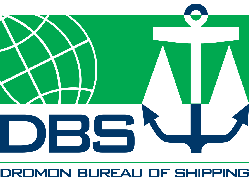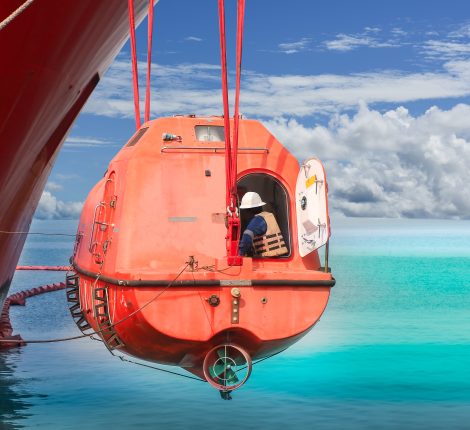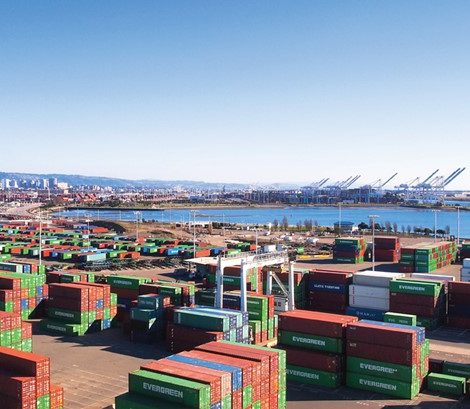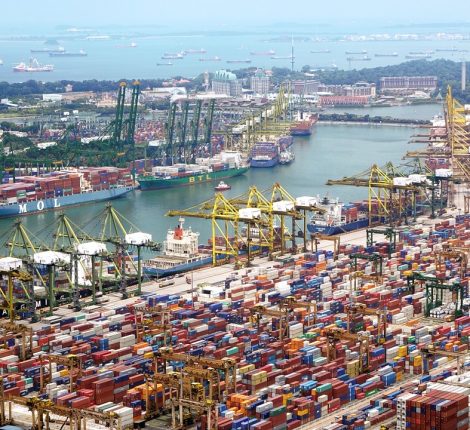- August 27, 2018
- 2018 , Circulars
- Comments : 0
2017 CIC Results on safety of Navigation in Paris MoU
27 August 2018 | C18039
The guidance is intended to provide guidelines for a harmonized approach to the inspection of ships, identifying non-compliances and applying control procedures for the enforcement of the Directive regarding the sulphur content of marine fuels.
NOTICE TO
Ship Owners/ Managers/ Operators | Flag State Administrations | Surveyors / Auditors
Following Dromon Circular C18029 and the release of the Black Sea MoU report, the Paris MoU has also released the report on the results of the Concentrated Inspection Campaign (CIC) on safety on navigation, including ECDIS, carried out from 01 September 2017 to 30 November 2017.
The objective of the CIC was to check the conformity of safety regulations for ships and the competency of crew involved in navigation operations. Navigation equipment has always been considered an inspection item for PSC inspections. Regulations on navigation equipment have undergone frequent changes, and deficiencies concerning navigation equipment – around 6.21% over a six year period – have been noted as high.
During the CIC, a total of 4,288 inspections were carried out involving 4,217 individual ships. The overall CIC detention rate per individual ship was 3.5% (146 ships were detained). The CIC-topic detention rate was 1.1% (47 ships were detained). A total of 32.2% of the detentions were related to the CIC-topic. The overall number of CIC-topic related deficiencies reported per inspection was 1.1%.
Ships from 87 flag States were inspected during the CIC, of which 63 flag States (72.4%) did not have any CIC-topic related detentions. The overall number of CIC-topic related deficiencies reported per inspection was 0.18.
The Report concludes that the CIC has provided sound evidence that the industry has achieved a good level of compliance with the specific provisions inspected during the CIC of SOLAS Chapter V requirements pertaining to safety of navigation. The 1.2% rate for CIC-topic deficiency rates (average number of deficiencies reported per inspection) is overall satisfactory.
The results
Responses to Question 10, which asked whether the crew was familiar with the procedure of emergency operation of steering gear, reported the most favourable results – 99.2% responded yes. This was closely followed with Question 7, which asked whether the ship’s Automated Identification System transmitted correct particulars – 98.8% responded yes.
The least favourable results were reported for Question 8, which asked whether the passage plan covered the whole voyage – 3.7% responded no. This was closely followed by Question 2, which asked whether the ECDIS had appropriate up-to-date electronic charts for the intended voyage and a suitable back-up arrangement – 2.4% responded no.
Questions 2, 3 and 4 which address the CIC focus area of ECDIS hold the highest “n/a” responses. The average (mean) of “n/a” responses between these three questions is 1,511 out of 4,027 (37.5%). Between the three questions there was an average of 2,445 (60.7%) “yes” responses and 69 (1.7%) “no” responses.
Deficiency code 10127 (related to Question 8), which pertains to voyage or passage plans, accounted for the most number of reported deficiencies at 15.8% of the total.
By ship type, Ro-Ro passenger ships had the highest CIC-topic related detention rate (5%), followed by commercial yachts (3%), general cargo/multipurpose (2.2%), and offshore supply (1.9%). A number of ship types had zero CIC-topic related detentions.
By ship age, younger ships had the lowest detention rate for CIC-topic detentions (0%) while the highest rate peaked for ships aged 31-35 years (3.9%).
Act now
Shipowners / Managers / Operators are recommended to take into consideration the deficiency “voyage or passage plan” that it had the largest number of deficiencies, and ensure voyage or passage plan as required by SOLAS and STCW is up-to-date for the intended voyage.
Shipowners / Managers / Operators should endeavour to implement ECDIS as it has become a mandatory system on board all vessels. The implementation and use of ECDIS provides a wide range of advantages. It makes the voyage planning easier by allowing optimization according to time, speed and other parameters.





